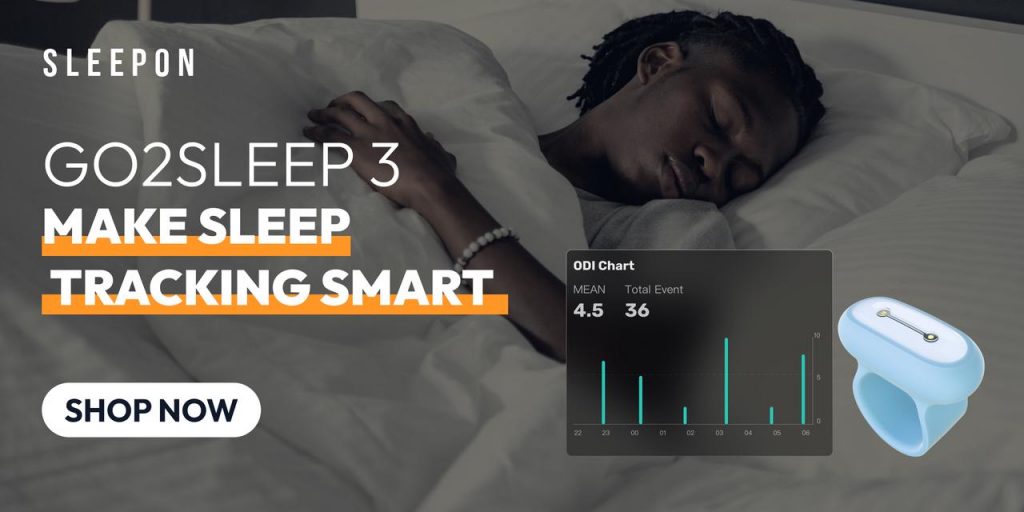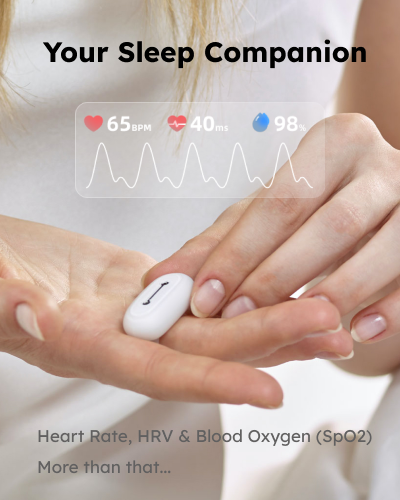
Booming Snores or Silent Killer? The Connection Between Sleep Apnea and Hypertension
Imagine waking up every morning feeling as if you’ve barely slept, dragging through the day with a foggy mind and heavy eyelids. Now, imagine this persistent sleepiness is just the tip of the iceberg, with more severe health risks lurking beneath the surface. This is the reality for millions who suffer from sleep apnea, a sleep disorder that not only disrupts rest but also has a profound impact on blood pressure. The intriguing connection between sleep apnea and hypertension (high blood pressure) is a vital piece of the puzzle in understanding and managing these interconnected health challenges.
The Mysterious World of Sleep Apnea
Sleep apnea is a silent saboteur of slumber, categorized into three types: obstructive sleep apnea (OSA), central sleep apnea (CSA), and complex sleep apnea syndrome. OSA, the most common, occurs when the muscles of the throat relax excessively, blocking the airway. CSA involves a failure of the brain to signal proper breathing. Both result in repeated breathing interruptions, jolting the body out of restful sleep.
The telltale signs—loud snoring, gasping for air, and morning headaches—are often dismissed as minor nuisances. Yet, the real danger lies in the condition’s stealthy ability to go undiagnosed, leaving sufferers unaware of the underlying threat to their health.
Hypertension: The Silent Killer
Hypertension is often dubbed the “silent killer” for its ability to wreak havoc on the body without obvious symptoms. It occurs when the force of blood against artery walls remains persistently high, leading to severe complications like heart disease, stroke, and kidney failure. While primary hypertension has no identifiable cause, secondary hypertension arises from conditions like sleep apnea, creating a deadly synergy between these two ailments.
Unveiling the Connection
The relationship between sleep apnea and hypertension is like an intricate dance, where each step by one partner affects the other. Research has repeatedly shown that untreated sleep apnea significantly increases the risk of developing hypertension. The underlying mechanisms are complex and captivating, involving several physiological processes.
The Sympathetic Nervous System: A Constant State of Alert
One primary mechanism is the activation of the sympathetic nervous system. Sleep apnea-induced breathing interruptions cause intermittent hypoxia (low oxygen levels), triggering a surge of stress hormones that heighten sympathetic nervous activity. This constant state of alertness leads to vasoconstriction (narrowing of blood vessels) and an increase in blood pressure, akin to living in a perpetual state of fight-or-flight.
The Hidden Damage: Oxidative Stress and Inflammation
Intermittent hypoxia also fuels oxidative stress and inflammation. These insidious processes damage the endothelial lining of blood vessels, impairing their ability to regulate blood pressure. Over time, this damage accumulates, setting the stage for chronic hypertension.
A Wake-Up Call for Health
The relationship between sleep apnea and hypertension highlights the need for integrated health management. Early diagnosis and effective treatment of sleep apnea can prevent and control hypertension, reducing the risk of severe cardiovascular complications. Addressing sleep disorders is not just about better sleep—it’s about better health and a longer, healthier life. Order Go2sleep 3 now. Let it protect your health.

Comment
Leave a Reply Cancel reply
ALL ARTICLES
Subscribe Us
403A, Building A2, Zhihui Park, Fuyong Street, Bao'an District, Shenzhen, Guangdong, China
Products
Company
Copyright © SLEEPON. All rights reserved.
SLEEPON keeps both Sleeponhealth and Sleepon.us due to the brand upgrading. We promise to provide the same products and service in both sites.








Your writing style is both engaging and informative—great job!